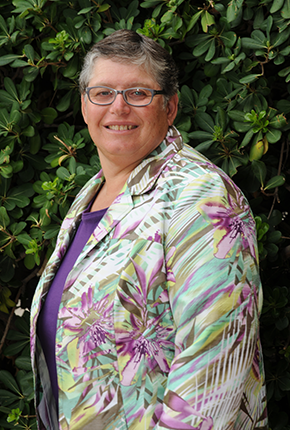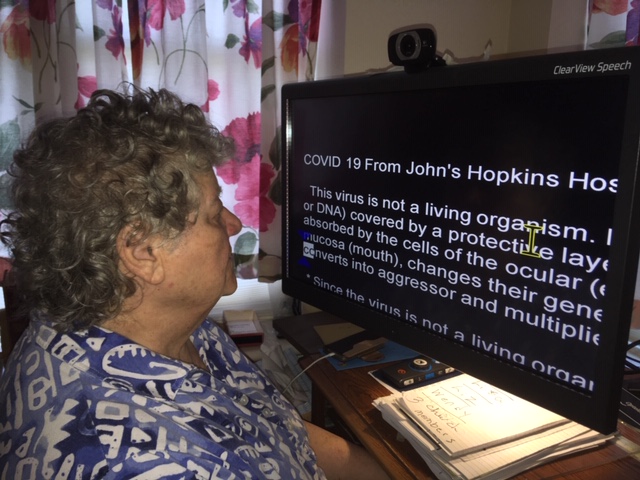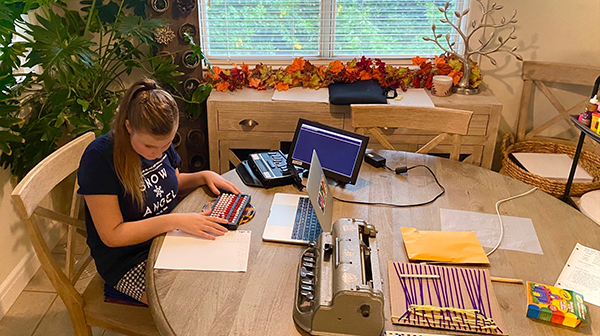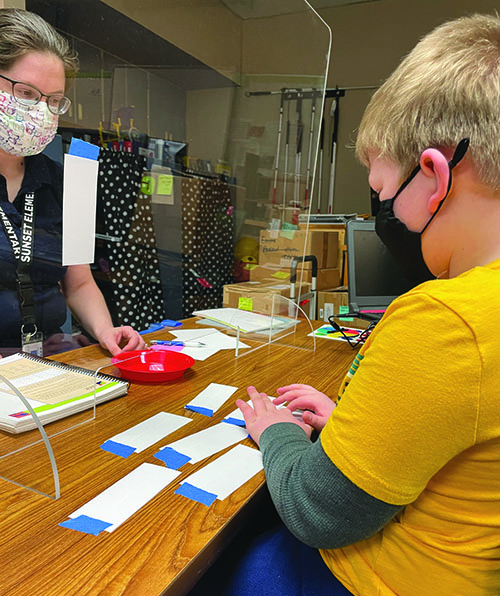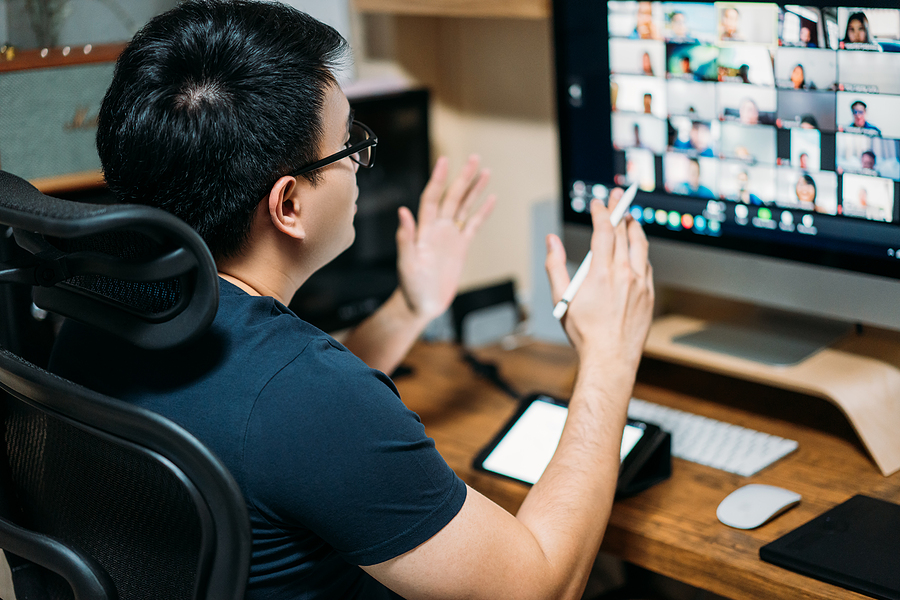The American Foundation for the Blind (AFB) just released its Barriers to Digital Inclusion study, which identified the key areas where accessibility gaps still exist for online and mobile application content. And, as one would expect, education still rises to the top when it comes to accessibility hurdles. To close the gap, AFB wanted to share some valuable resources we have prepared for parents, students, and advocates over the past year.
AFB staff and AccessWorld contributors are pulling together resources to provide support to our readers during the coronavirus disease (COVID-19) outbreak. These posts will address topics such as online learning for students and adults, accessible medical devices, accessible work-from-home solutions, accessible social gaming, staying connected with others digitally, keeping technology and workspaces sanitary, home fitness resources, and more.
July is Disability Pride Month, and we know many have been excited to reconnect with colleagues and friends at the National Federation of the Blind and American Council of the Blind conventions. Here are a few recent stories we have been reading with particular interest.
As we pass the two-year mark since the start of COVID-19 restrictions, the American Foundation for the Blind’s (AFB) recently released study, The Journey Forward: Impact of COVID-19 on Blind, Low Vision, and Deafblind U.S. Adults, captures reflections on experiences during a year and a half of the COVID-19 pandemic, through the Summer of 2021.
